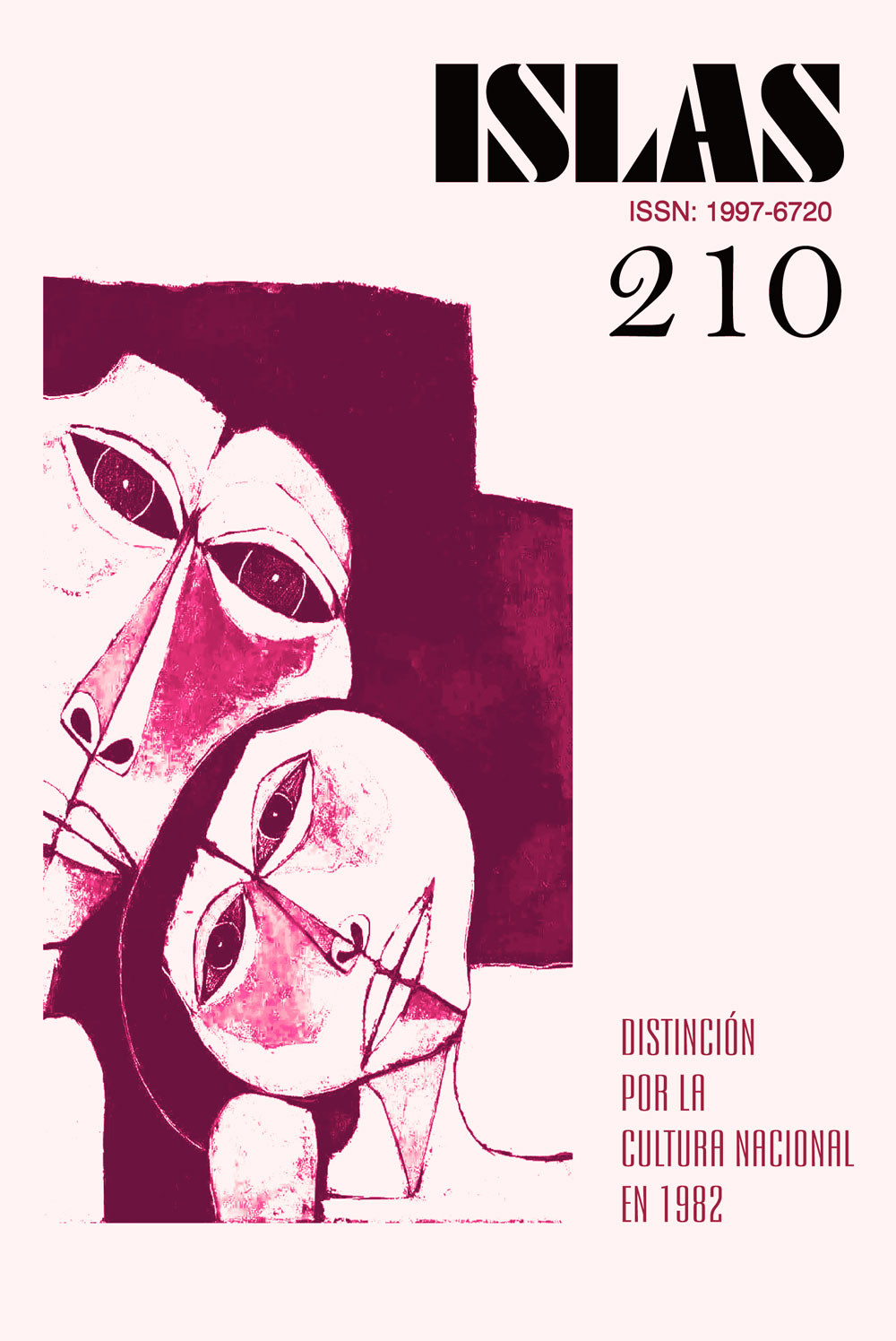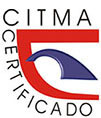Iberian Trotskyism: The Internationalist Communist League and Revolutionary Communist League in the Transitions to Democracy (1973-1999)
Keywords:
iberian trotskyism, democracy, Revolutionary Communist League, Internationalist Communist LeagueAbstract
Introduction: This study analyzes the actions of the Revolutionary Communist League (LCR) and the Internationalist Communist League (LCI) during key moments of Spain’s Transition and the Portuguese Revolution. The article explores their political positions during major events, as well as their interactions with other political, union, and social forces.
Methods: The research is based on primary digital sources from digital archives and documents collected from physical archives. These documents are contextualized using updated literature for both cases.
Results: The article traces the trajectory of the investigated organizations through the main events of the Carnation Revolution and Spain’s Transition. It examines their specific interactions with social movements of the time and their engagement with major political milestones in both countries.
Conclusions: After analyzing both organizations and their actions within their respective contexts, it can be concluded that they developed a very similar political culture. These similarities stem from both their comparable historical contexts and their affiliation with the same International.
Downloads
References
ALEXANDER, R.T J. (1991). International Trotskism, 1929-1985. A documented analisys of the movement. Duke University Press.
ALMOND, G. Y VERBA, S. (1970). La cultura cívica. Estudios sobre la participación democrática en cinco naciones. Suramérica.
Ante las elecciones. (1977). https://cdn.vientosur.info/Capitulo%203%20PDFs/Doc.%203.53.pdf
BENSAID, D. (2007). Trotskismos. El Viejo Topo.
BENSAID, D. (2018). Una lenta impaciencia. Sylone.
Boicot al referéndum franquista. (1976). Combate, 62. https://cdn.vientosur.info/ Capitulo%203%20PDFs/Doc.%203.44.pdf
BROUÉ, P. (2008). Comunistas contra Stalin. Sepha.
DÍAZ MACÍAS, E. M. (2022). El Movimiento Comunista (MC). Historia de un partido (1964-1991). Los Libros de la Catarata.
DÍAZ MACÍAS, E. M. (2023). La esperanza truncada. Convergencia, fusión y ruptura entre la Liga Comunista Revolucionaria y el Movimiento Comunista. Panta Rei. Revista digital de Historia y Didáctica de la Historia, 17, 203-223.
DÍAZ MACÍAS, E. M., PÉREZ SERRANO, J. Y FERREIRA, A. (2021). La izquierda revolucionaria en el laberinto de la Revolución de los Claveles. Dykinson.
EDIÇOES COMBATE (2024). Cronología. Combate.info. https://combate.info/cronologia/
MAITAN, L. (2006). Per una storia della IV Internazionale. Edizioni Alegre.
MANDEL, E. (2006). El crepúsculo del franquismo. Viento Sur, 84, 84-93.
Manifestação Anticolonialista em Lisboa. (25 de mayo de 1974). https://arquivos.rtp.pt/conteudos/manifestacao-anticolonialista-em-lisboa/
MARTÍNEZ I MUNTADA, R. Hacia la unificación con el MC (1989-1991). CAUSSA, M. Y MARTÍNEZ I MUNTADA, R., Historia de la Liga Comunista Revolucionaria (1970-1991). La Oveja Roja.
MONTERO, J. (2014). El feminismo en el proyecto político de la LCR. CAUSSA, M. Y MARTÍNEZ I MUNTADA, R., Historia de la Liga Comunista Revolucionaria (1970-1991). La Oveja Roja.
PACHECO PEREIRA, J. (1988). El Partido Comunista Portugués y la izquierda revolucionaria. Revista de Estudios Políticos, 80-81.
PASTOR, J. (2014). Del debate constitucional al triunfo electoral del PSOE (1978-1982). En CAUSSA, M. Y MARTÍNEZ I MUNTADA, R., Historia de la Liga Comunista Revolucionaria (1970-1991). La Oveja Roja.
PÉREZ SERRANO, J. (2013). Orto y ocaso de la izquierda revolucionaria en España (1959-1994). En QUIROSA-CHEYROUZE Y MUÑOZ, R. (ED.). Los partidos en la Transición: las organizaciones políticas en la construcción de la democracia española. Biblioteca Nueva.
PÉREZ SERRANO, J. (2015). Estrategias de la izquierda radical en el segundo franquismo y la Transición (1956-1982). En CHAPUT, M. C. Y PÉREZ SERRANO, J. (EDS.), La transición española. Nuevos enfoques para un viejo debate. Biblioteca Nueva.
PÉREZ SERRANO, J. (2019). Los proyectos revolucionarios en la Transición española: cuestiones teóricas e historiografía. En CARANDELL, Z.; PÉREZ SERRANO, J. PUJOL BERCHÉ, M. Y TAILLOT, A. (EDS.), La construcción de la democracia en España (1868-2014). Espacios, representaciones, agentes y proyectos. Presses Universitaires de Paris Nanterre.
PÉREZ SERRANO, J. (2022). Consejistas, trotskistas y maoístas: disidencias comunistas en España durante la guerra fría. En GINARD FEÓN, D. Y ERICE, F. (DIRS.), Un siglo de comunismo en España II. Presencia social y experiencias militantes. Akal.
ROMERO, M. (2007). El trotskismo de la Liga. En BENSAID, D. Trotskismos. El Viejo Topo.
THOMPSON, E. P. (2017). La Nueva Izquierda. Democracia y Socialismo. Universidad Autónoma Metropolitana, 263-308.
TROTSKY, L. (1938). El programa de transición. Fundación Federico Engels.
TROTSKY, L. (1991). La revolución traicionada. Fundación Federico Engels.
TROTSKY, L. (2007). Historia de la Revolución Rusa. Veintisieteletras.
Published
How to Cite
Issue
Section
License
Copyright (c) 2025 Ernesto M. Díaz Macías, Fernando R. Lara Silva

This work is licensed under a Creative Commons Attribution-NonCommercial 4.0 International License.
Usted es libre de:
Compartir — copiar y redistribuir el material en cualquier medio o formato
Adaptar — remezclar, transformar y construir a partir del material
La licenciante no puede revocar estas libertades en tanto usted siga los términos de la licencia
Bajo los siguientes términos:
Usted es libre de:
Atribución — Usted debe dar crédito de manera adecuada, brindar un enlace a la licencia, e indicar si se han realizado cambios. Puede hacerlo en cualquier forma razonable, pero no de forma tal que sugiera que usted o su uso tienen el apoyo de la licenciante.
NoComercial — Usted no puede hacer uso del material con propósitos comerciales.
No hay restricciones adicionales — No puede aplicar términos legales ni medidas tecnológicas que restrinjan legalmente a otras a hacer cualquier uso permitido por la licencia.


















